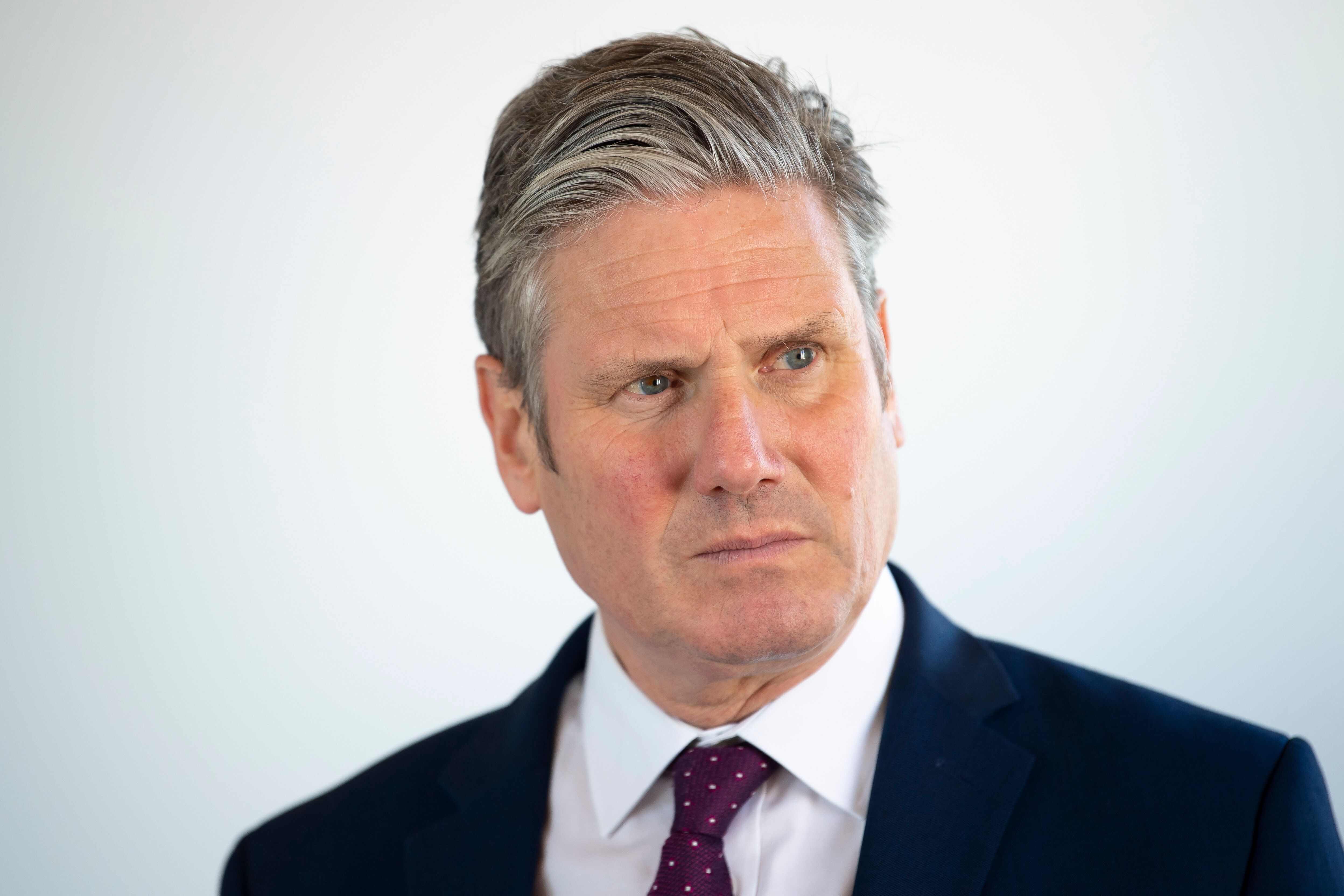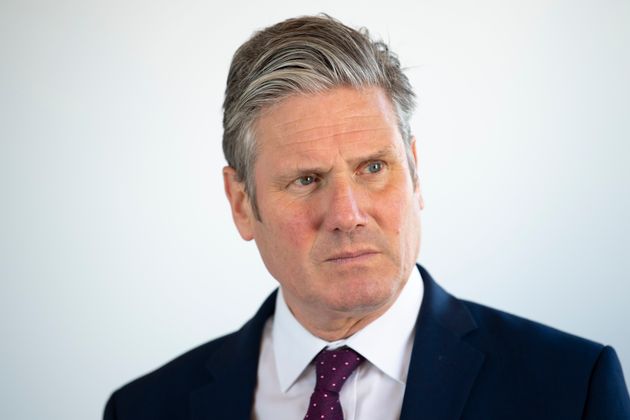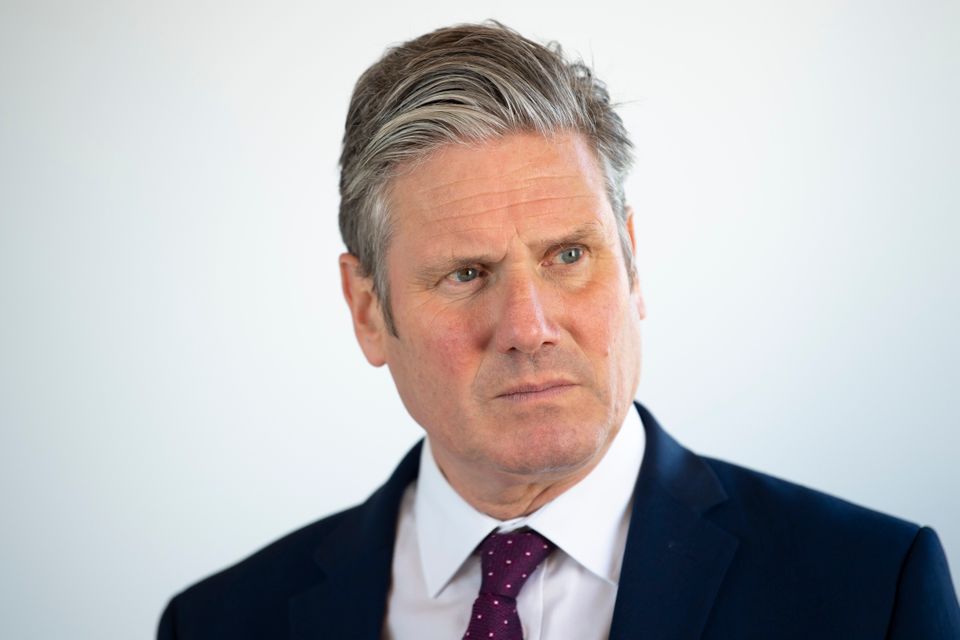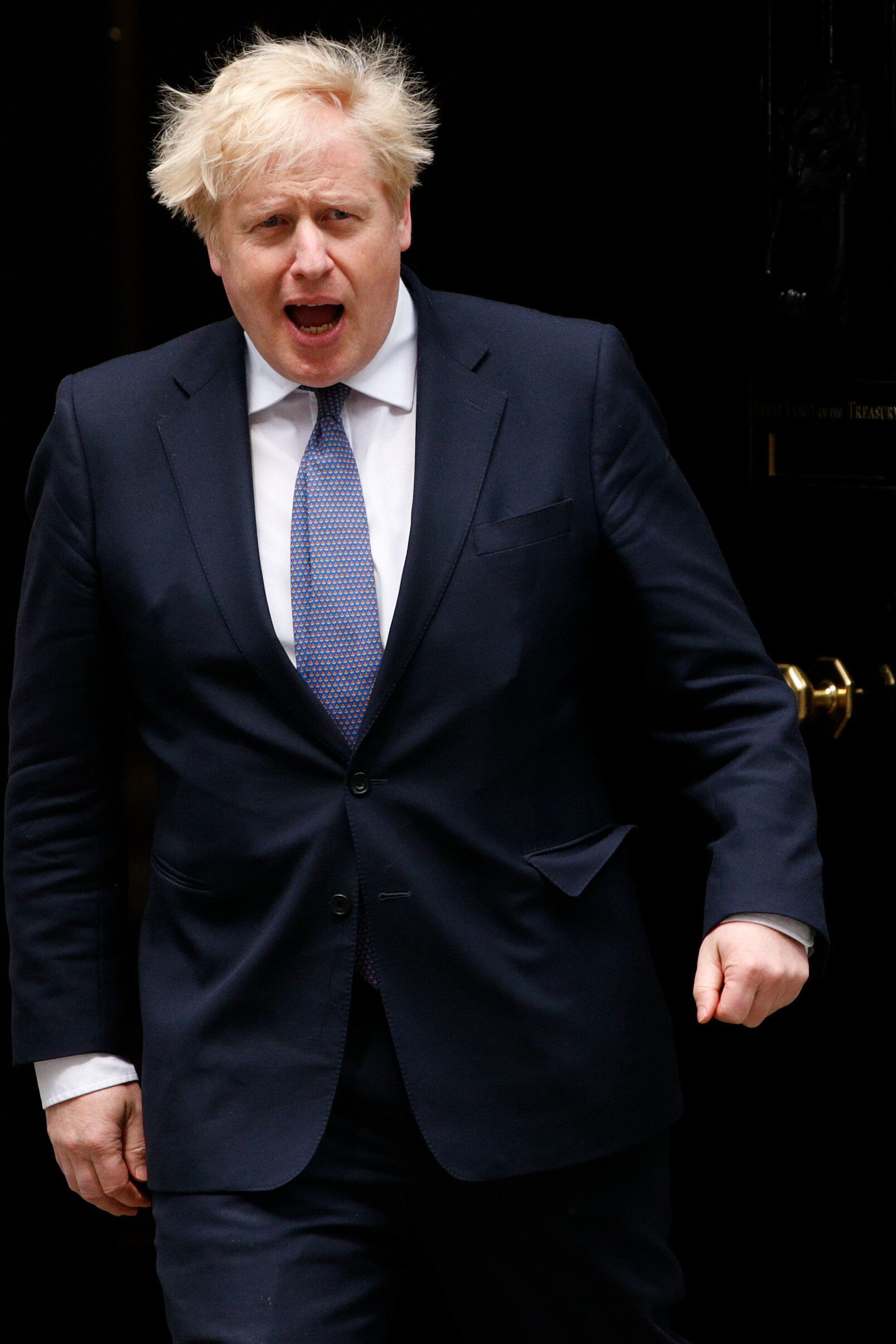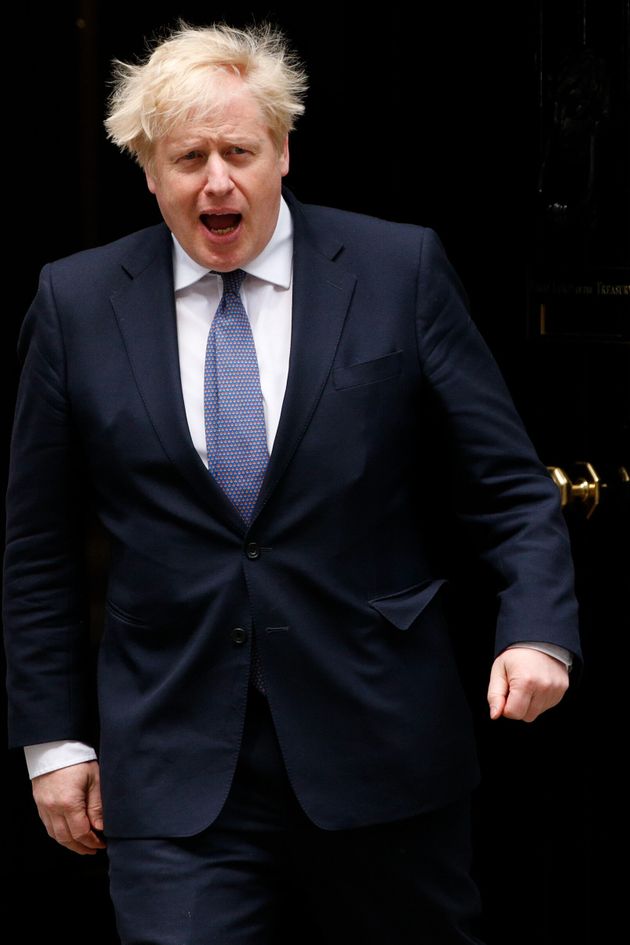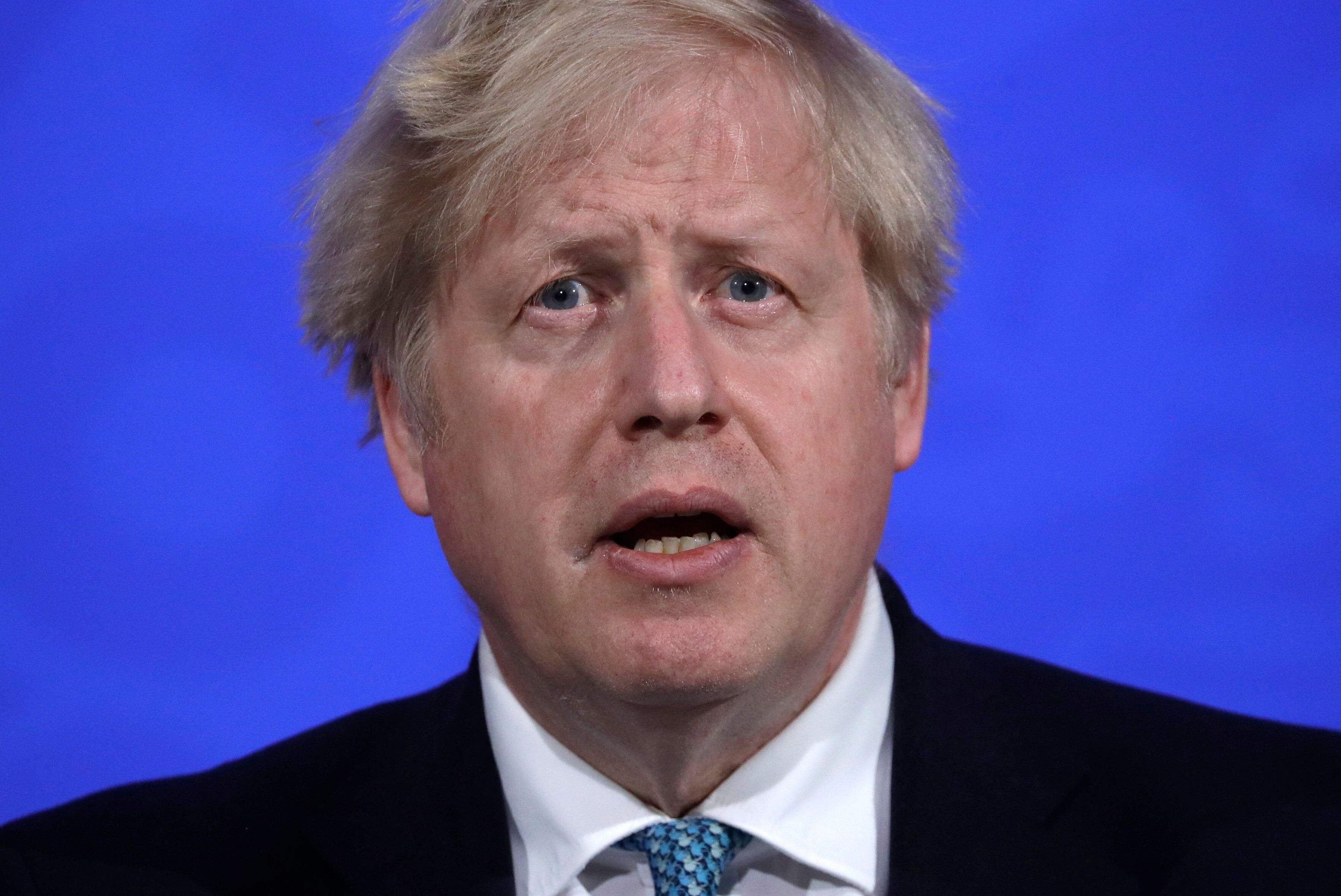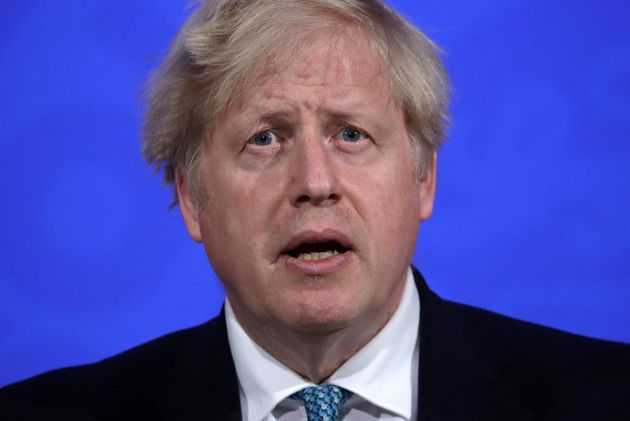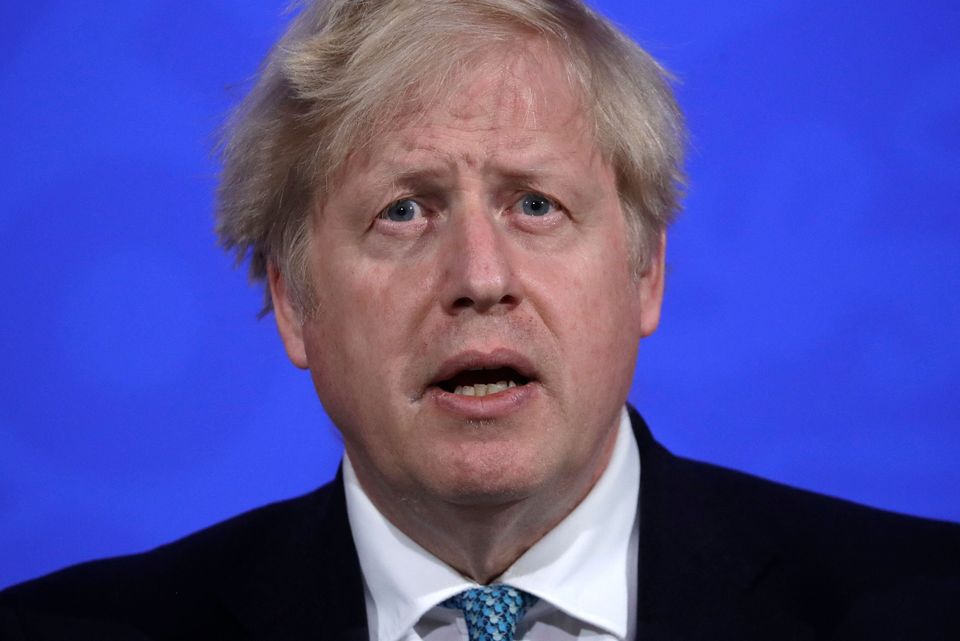
You’re reading The Waugh Zone, our daily politics briefing. Sign up now to get it by email in the evening.
This was meant to be a quiet week. Commons in recess, a ‘holding pattern’ on Covid, Whitehall treading water while it waits for the latest data on the pandemic. Aside from an update on foreign travel from Grant Shapps on Thursday, the big ‘event’ marked on the No.10 grid was today’s catch-up cash for schools.
An emergency £1.4bn, on top of an extra £1.7bn already announced for pupils, could have been spun as a statement of intent, an interim measure pending a bigger funding settlement in the chancellor’s spending review later this year. But thanks to some great work by the Times, which exclusively revealed earlier this week just how much cash had been requested, the PR plan was smashed to bits.
Sir Kevan Collins, the catch-up czar, had wanted £15bn but instead got less than a tenth of that, at least in the short term. And his resignation words tonight blasted both barrels not just at the hapless Gavin Williamson (whose departure from Education in a reshuffle seems all but guaranteed), but also at Boris Johnson himself.
By referring explicitly to the failure to provide help to pupils in deprived areas in the north, Collins appeared to expose the PM’s “levelling up” agenda as a hollow trick played on all those who voted Tory in May. “In parts of the country where schools were closed for longer, such as the north, the impact of low skills on productivity is likely to be particularly severe,” he said.
It’s worth remembering that Collins was never going to be a government pushover. He is widely respected for his work in education, and as recently as March he told the education select committee that the £1.7bn first pledged was “not sufficient”. He wanted a comprehensive recovery plan, not a sticking plaster, so it’s perhaps no surprise he’s ripped it off to lay bare the wounds underneath.
This isn’t just about the education gap. For Johnson, this underlines once more the yawning gap between his rhetoric and actual delivery. Back in June 2020, he promised “a massive summer catch-up operation”, but nothing of the kind materialised. Yes, the fresh lockdowns knocked things even more off course, yet parents, pupils and teachers won’t easily forget the promises made.
This March, I remember vividly Johnson telling a No.10 news conference how much catch-up mattered. “The legacy issue I think for me is education,” he said. “It’s the loss of learning for so many children and young people that’s the thing we’ve got to focus on now as a society. And I think it is an opportunity to make amends.” If the PM can’t deliver on his own professed personal priority coming out of the pandemic, what chance do all the other policy areas have?
Critics will point out too that unlike other areas of government (social care, anyone?), there is at least a plan worked up by Collins to “make amends”. His bigger package was about extra teaching time, not just tutoring. Still, there are some in government who tonight are pointing out the idea of an extra half hour on the school day did not go down well with teachers.
The longer day was “not thought through” and not “evidence based”, both of which are red flags to the Treasury. Moreover, doling out £15bn – half the annual primary and pre-primary school budget – between spending reviews was seen as imprudence fiscal management. Allies of the chancellor insist this isn’t about being stingy. “If we just start signing off massive cheques outside of a formal process, there lies mismanagement of taxpayers’ money!” one says.
Yet ultimately the PM is, as he joked in recent months, the First Lord of the Treasury. If he’d really wanted a big, bold plan for education catch-up with big, bold spending to match, he could have got it. The political problem is that an independent expert in schooling has now delivered a damning verdict on Johnson’s central “levelling up” policy, or rather the lack of one
Collins has also made early years education his priority, stressing its social as well as academic benefit, and its underfunding in recent years. The Tories’ closure of SureStarts is perhaps one of their biggest policy errors in the past decade of austerity. Amazingly, Labour has failed to ram home that very point, and has shown a woeful lack of focus on childcare and early years (evidenced by Jeremy Corbyn’s priority of student tuition fees, but under Starmer there’s been no real grabbing of the agenda either).
A cynic might say that the expected grade inflation in this year’s GCSE and A-level exam results will smooth over the problem. But if metrics emerge that younger children of all backgrounds are falling behind expected benchmarks, the lack of a proper “catch-up” or “recovery” plan will be received bitterly by parents who struggled with the home-schooling imposed on them this past year.
It’s possible Johnson will again wriggle out of this latest tight spot. But remember that two of the biggest U-turns forced on him over the past year both involved education: the A-levels fiasco and free school meals. And both were issues of competence.
Collins’ resignation may have gifted Starmer his most powerful weapon yet, offering at the next election a simple way to sum up broken Tory promises and incompetence. Whether Labour can capitalise is another matter.




